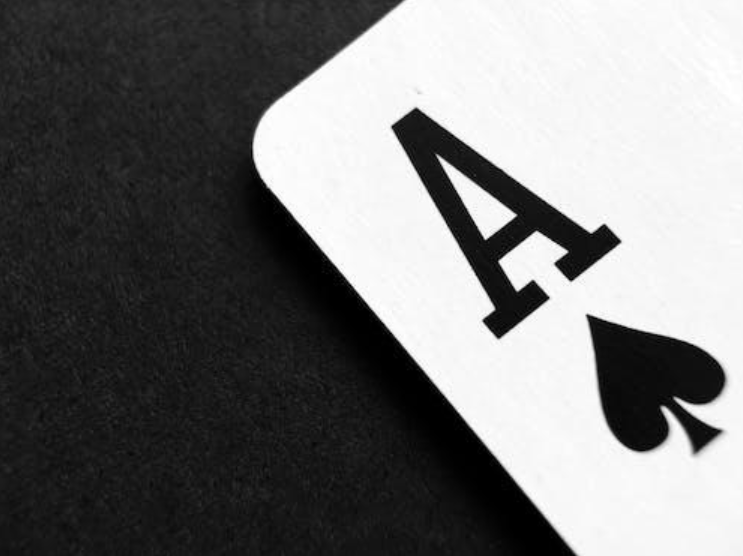
Contrary to what you may think, having the skills to be a good poker player is not something you are born with, at least not for most good players. In fact, a lot of learning goes on, and we are here to tell you precisely what you should be working on if you want to get better. Playing weekly poker games with your friends is only good fun if you at least feel you can win. While losing is part of the game, there are always things you can work on that will improve your game and help you win more. If you are looking to up your game this year, here is what you will need to work on.
Patience
Patience is a highly underrated virtue that many good poker players possess. Whether playing a social game with friends or playing in a high-stakes tournament, waiting for the right hand and pot is essential to playing well. There should be no rush to try and force a bad, or even average, hand to do things that it cannot. Those good hands will come; the key is to be comfortable throwing the hand away if you’re not feeling it.
Risk Assessment
One of the most vital skills that good poker players have is their ability to assess risk. Each time you are required to call, fold, or raise, you are actively assessing the game and your fellow players, calculating whether you are in a high or low-risk situation. The very best have a certain instinct for this, which is only learned over time and through experience. If this is an aspect of your game that you wish to improve, the key is playing as much as possible, being present in every game, and recognizing where you’ve miscalculated risk.
Emotional Control
Another skill that good poker players have is their ability to control their emotions throughout a game. This is important in two ways: it helps them play the game with a cool head and restricts other players from reading their faces and tics to gain an edge. Much like risk assessment, this skill is learned through playing many hands of poker throughout life. Harnessing your emotions is critical to making intelligent judgment calls based on instinct and experience. The opposite is that you rush into decisions or make poor decisions based on perceived luck. Now, emotional control is used both when winning and losing. This is a crucial point and one that you must remember when you are at the table.
Bluffing
Far too many amateur players believe that bluffing is the be-all and end-all of poker skill and that this is how to win unless you have a killer hand. This is not the case, yet bluffing is essential to a good poker player’s skillset. To be able to bluff well, one must already have emotional control and a good level of risk assessment. Failing to harness these skills means that bluffing is used at the wrong time and in the wrong way. The art of the bluff is in the reaction to turning over your hand and in the way that you place your bets from the outset. Amateurs may obviously bluff and get lucky once or twice, but only good players understand exactly when and how to bluff. This is something that takes practice. An excellent way to learn is to watch how and when good players bluff and try to learn from them.
Great Confidence
Finally, combined with all of the skills above, you should have faith in your game, which will breed confidence. Amateurs often get worried if they have a good hand, as they don’t have the confidence to play it and maximize its potential. Equally, they may worry about a mid-range hand, unsure whether to fold or play. On the other hand, good players have confidence in all the cards they are dealt because of the skills around poker strategy they have gained over time. This confidence makes you a better card player, bettor, and bluffer. To become a good poker player, acquire confidence, work on the skills we have mentioned, and learn from other players when you are winning and when you lose.
These are the fundamental skills that you will see in all good poker players. If you want to improve, the key is to understand your weaknesses, work, and practice to turn them into strengths and become a better player at the poker table. Above all, be sure to play as many games as you possibly can.
We’ll leave you with this inspiring quote from poker author and bestseller Lou Krieger:
“Only losers and amateurs blame the cards. After all, cards don’t care; they don’t take sides, and they have no memory. They are blind justice holding her scales, and in the long run, they’ll tip evenly for the novice and the skilled alike.”


